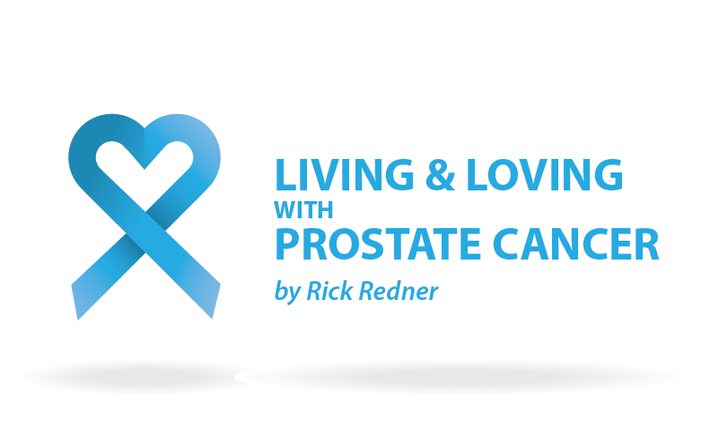I’ll never forget one of my last visits with the man who was my pastor for two decades. He was dying from an advanced case of kidney cancer that spread to many areas of his body. He was weak and bedridden. His speech was unintelligible. I’d been asked to help for care for him while his wife took a well-deserved break.
There was another person visiting him at the time; her name was Blanche. She was his secretary, office manager and friend, for more than 20 years. At one point in the visit he used his arms to wave her to come closer to him. As she moved closer, he waved arms a second time. She moved closer. Not satisfied with the distance between them, he waved his arms a third time until her face was inches away from his. With great effort, he lifted his head off his pillow to plant a kiss on her cheek. Immediately, he sank back into his bed.
In the course of our friendship I’d heard him preach hundreds of sermons. I’m embarrassed to admit that I can’t remember more than dozen, but the sermon on love I saw him demonstrate that day was the most powerful and unforgettable sermon he’d ever given, and he did it without uttering a word.
The Lesson
On that day he taught me it’s possible to demonstrate love, respect and express appreciation when your body is ravaged with disease. He taught me that when you think creatively you can demonstrate love without the capacity to speak it in words.
As I looked to apply this lesson to my own life, I realized that as a prostate cancer survivor, I have arms, legs, eyes, a voice and an intellect, all of which can be utilized in the expression of love and appreciation. The important question I had to ask myself was how well, and how often, I use these valuable resources in the service of love?
How would you answer that question?
I don’t want to wait until I’m on my deathbed before I decide that demonstrating love, affection and appreciation is my highest priority Loving those around you intentionally isn’t an easy habit to develop. It requires you to put aside your to-do list. It requires your focused attention. It means shutting out every distraction. Ask yourself the following question: Will you allow your diagnosis of cancer to remind you of what’s really important in your life?
Blanche moved away from Modesto. Several years later our paths crossed. We talked about that kiss, which once again brought tears to her eyes. It’s a kiss she’ll never forget. Neither will I.
Will you?
Note: Prostate Cancer News Today is strictly a news and information website about the disease. It does not provide medical advice, diagnosis, or treatment. This content is not intended to be a substitute for professional medical advice, diagnosis, or treatment. Always seek the advice of your physician or other qualified health provider with any questions you may have regarding a medical condition. Never disregard professional medical advice or delay in seeking it because of something you have read on this website. The opinions expressed in this column are not those of Prostate Cancer News Today, or its parent company, BioNews Services, and are intended to spark discussion about issues pertaining to prostate cancer.


